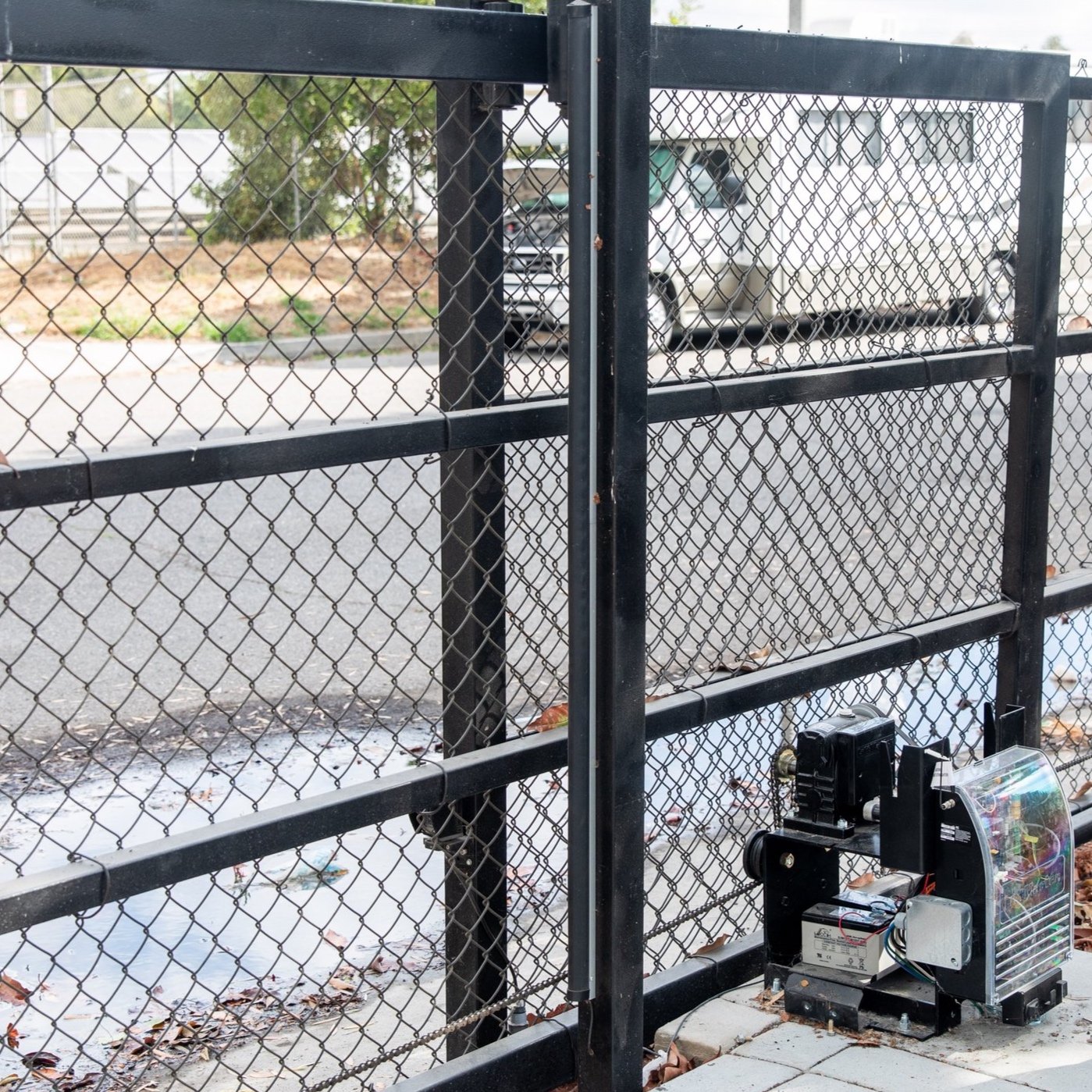Top Signs an Electric Gate Motor Needs Immediate Repair
A properly functioning gate motor keeps traffic flowing smoothly and prevents unwanted delays.
Electric gate motors work hard daily, opening and closing without much thought from those who rely on them. When they start acting up, the signs are not always dramatic, but they are worth paying attention to before the situation takes a turn for the worse. A properly functioning gate motor keeps traffic flowing smoothly and prevents unwanted delays.
Slower Operation Than Usual
Gates should move purposefully, not drag along like they ran a marathon. When an electric gate starts moving slower than usual, the motor could struggle due to worn-out components or electrical issues. Motors don’t suddenly lose power overnight, so any gradual slowdown signals a problem developing under the surface.
Unusual Noises
Gates are supposed to glide, not groan. A motor making grinding, clicking, or buzzing sounds might be dealing with internal wear, debris buildup, or mechanical failure. These sounds are the gate’s way of calling for help. Ignoring them may lead to a complete breakdown, which always seems to happen at the worst possible moment.
Inconsistent Movement
A gate that hesitates, jerks, or stops halfway through its cycle is dealing with more than just an attitude problem. Electrical malfunctions, motor fatigue, or obstruction in the track can cause erratic behavior. Reliable operation should never be a gamble, and once a gate starts second-guessing itself, professional attention is necessary.
Failure To Respond To Controls
Pressing a remote or keypad should result in immediate action. If the gate ignores commands or responds only after repeated attempts, something interferes with communication between the controls and the motor. Weak batteries, wiring problems, or a failing motor can contribute to the issue.
Unusual Electrical Behavior
Tripped breakers, flickering lights, or other odd electrical occurrences when the gate operates suggest trouble. Motors pulling too much power often indicate internal damage or faulty wiring. Left unchecked, this can become a costly repair or even a hazard.
Manual Mode Struggles
Electric gates come with a manual release option in case of power failure, but switching to manual mode should be effortless. If the gate resists movement or feels unusually heavy when manually operated, the motor may be locking up, or components might wear out.
Excessive Heat From The Motor
Motors generate heat during operation, but excessive warmth or a burning smell signals trouble. Overheating often points to overworked or failing components. Ignoring this can lead to complete motor failure, turning an easy repair into a full replacement job.
Frequent Need For Resets
An occasional reset after a power outage is normal, but constant resetting to keep the gate working is a red flag. Frequent disruptions often stem from failing electronics, software issues, or a motor on its last legs. Consistent performance should not require daily troubleshooting.
Visible Wear
Damaged wires, rusting parts, or leaking components around the motor housing mean trouble is brewing. Motors exposed to harsh weather, dirt, and pests can deteriorate faster than expected. Addressing minor damage early prevents major headaches down the road.
A reliable electric gate motor keeps daily operations smooth and frustration-free. Ignoring small warning signs often leads to bigger, more expensive problems. Regular maintenance and prompt repairs keep everything running efficiently, avoiding surprises when the gate is needed most.
InteleGates Inc. is a leading comprehensive gate access system service provider in Los Angeles. We provide residential, commercial, and industrial solutions for installing, maintaining, and repairing intercom systems, access control systems, gate automation, entry cards, magnetic locks, keypad systems, telephone entry systems, gate buzzer systems, and RFID entry systems.

